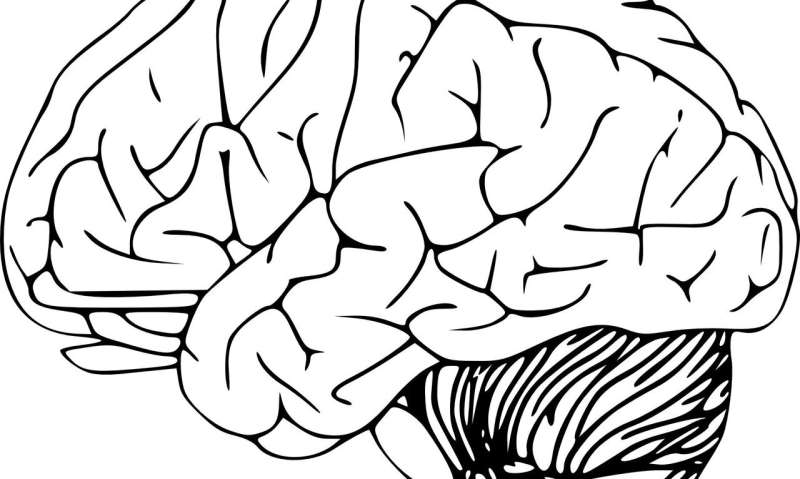The cerebellum may have played an important role in the evolution of the human brain

The cerebellum—a part of the brain once recognized mainly for its role in coordinating movement—underwent evolutionary changes that may have contributed to human culture, language and tool use. This new finding appears in a study by Elaine Guevara of Duke University and colleagues, published May 6th in the journal PLOS Genetics.
Scientists studying how humans evolved their remarkable capacity to think and learn have frequently focused on the prefrontal cortex, a part of the brain vital for executive functions, like moral reasoning and decision making. But recently, the cerebellum has begun receiving more attention for its role in human cognition. Guevara and her team investigated the evolution of the cerebellum and the prefrontal cortex by looking for molecular differences between humans, chimpanzees, and rhesus macaque monkeys. Specifically, they examined genomes from the two types of brain tissue in the three species to find epigenetic differences. These are modifications that do not change the DNA sequence but can affect which genes are turned on and off and can be inherited by future generations.
Compared to chimpanzees and rhesus macaques, humans showed greater epigenetic differences in the cerebellum than the prefrontal cortex, highlighting the importance of the cerebellum in human brain evolution. The epigenetic differences were especially apparent on genes involved in brain development, brain inflammation, fat metabolism and synaptic plasticity—the strengthening or weakening of connections between neurons depending on how often they are used.
The epigenetic differences identified in the new study are relevant for understanding how the human brain functions and its ability to adapt and make new connections. These epigenetic differences may also be involved in aging and disease. Previous studies have shown that epigenetic differences between humans and chimpanzees in the prefrontal cortex are associated with genes involved in psychiatric conditions and neurodegeneration. Overall, the new study affirms the importance of including the cerebellum when studying how the human brain evolved.
Guevara adds, "Our results support an important role for the cerebellum in human brain evolution and suggest that previously identified epigenetic features distinguishing the human neocortex are not unique to the neocortex."
More information: Guevara EE, Hopkins WD, Hof PR, Ely JJ, Bradley BJ, Sherwood CC (2021) Comparative analysis reveals distinctive epigenetic features of the human cerebellum. PLoS Genet 17(5): e1009506. doi.org/10.1371/journal.pgen.1009506




















